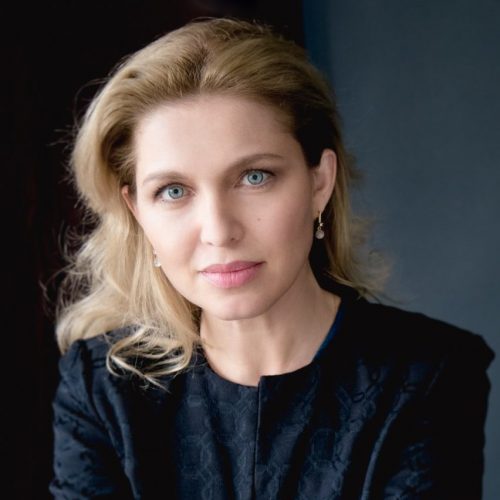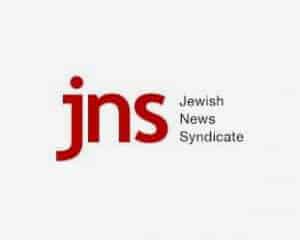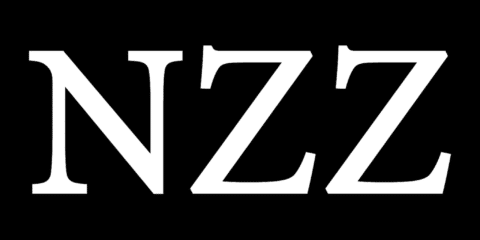An interview with Miki Aharonon about Putin’s visit to Israel.
Mishpacha Magazine, 22.1.2020

In a world of Russian election meddling and power plays, it sounds like the equivalent of leaving a drunk to guard the vodka. According to newly released documents dating back to 1995, Britain’s then-prime minister John Major floated the idea of Russia joining NATO, an idea that sounds ludicrously naive in 2020.
But that newsflash from another universe was overshadowed by yet another announcement coming out of Russia last week, namely that President Vladimir Putin — the man who keeps NATO generals up at night — could join China’s Xi and Turkey’s Erdogan in the select but growing club of leaders for life.
At last week’s State of the Nation address, the ultra-stable world of Russian politics received a jolt when Putin announced a constitutional shake-up that would transfer power from the presidency to the prime minister and parliament. Then, in a move that took Russia-watchers by surprise, long-serving prime minister Dmitry Medvedev resigned, along with the entire Russian government. A short time later his replacement, a technocrat named Mikhail Mishustin, was sworn in.
Although the Russian leader denied aiming to rule the country for life, the move was widely seen as paving the constitutional way for Putin, who has held power since 1999, to continue to rule the country ad infinitum.
“For some time there’s been speculation about how Putin can find a legitimate method to stay in power after 2024,” said Mrs. Micky Aharonson, a Russia expert at the Jerusalem Institute for Strategic Studies and former head of the foreign relations directorate of Israel’s National Security Council. Despite the anti-government protests that reappeared last year in Moscow and St. Petersburg, the idea that change in Russia is imminent is “Western wishful thinking” she said.
While the latest polls show the lowest support for Putin since 2015, his approval rating is still at more than 60 percent. “There’s no widespread desire for change that can translate into regime change at this point,” Aharonson said.
Putin’s genuine popularity across Russia has been an inconvenient truth for liberals longing to see Western-style democracy supplant the controlled version that rules Russia. It’s especially surprising given the economic pinch that ordinary Russians feel as a result of the Western-imposed sanctions — themselves a result of Putin’s expansionism in Crimea.
So what underpins Vladimir Putin’s appeal? National pride, according to Aharonson. “Russians lost their pride at the end of the Cold War, and Putin has given them back a sense of greatness. He’s enabled Russia to be a mediator wherever there is conflict — in Libya, Syria, and between Iran and Israel.”
Although the latest Kremlin politics had commentators scrambling to understand what it means for Russia, it’s a move that Israeli officials will also be watching closely. The country is home to Europe’s second-largest Jewish community — estimated at well in excess of the official 265,000 — and it’s one that has done well under Putin’s rule. There are many Jews in government circles, and public expressions of anti-Semitism are less frequent than in Western Europe.
But with Russia’s steadily expanding footprint in the Middle East, Putin’s decision will affect Israel’s neighborhood as well. Adroit statesmanship by American secretary of state Henry Kissinger in the Yom Kippur War resulted in the Soviet Union’s ejection from bases in the Arab world. For 40 years afterwards, Russian influence in the region was restricted to a sole port facility in Syria. But a combination of Obama-era weakness and Putin’s boldness has led to Russia becoming a key player across the Middle East.
For the first time in decades, Israeli planes take off from Ben-Gurion Airport under the watchful eye of Syrian-based Russian radar, and there have been reports of Russian electronic countermeasures affecting Israeli air traffic. Israel still attacks Russian-allied Iranian forces in Syria, but has to employ a deconfliction mechanism with Russia.
“From personal knowledge, there are good relations between Bibi Netanyahu and Putin, and the fact that Bibi treats Putin with respect is important,” said Aharonson. “But all of that is secondary to the fact that Israel is not clashing with Russian interests.”
Right now those interests include protecting Russian personnel and the regime of Bashar al-Assad, which Israel has promised not to attack. The latitude that Israel enjoys to strike Iranian forces in Syria is only due to Tehran’s entrenchment being contrary to Russia’s interests.
The implication is clear to Israeli leaders: The US’s retreat and Russia’s return as a Middle Eastern power is a game-changer, and Israel’s prime minister now needs to keep an eye on Moscow just as much as on Washington.
All of that means that Putin, well into his third decade in power, has emerged as perhaps the leading statesman of the 21st century. With an economy the size of Italy’s, he’s played a weak hand so well that Russia now sits at a coveted seat at the international table.
In 2008, Russia-watcher Edward Lucas wrote in The New Cold War, that Putin seemed like a “mouse running around the Kremlin’s endless corridors” when he first came to power.
Twelve years later, that seems like the mischaracterization of the century.
The Naama Issachar case
If press reports prove accurate, then by the time you read this, American-Israeli Naama Issachar will have gone free. Sentenced to seven years in prison after a few grams of cannabis were found in her luggage on a Moscow stopover between India and Israel, her draconian sentencing has become a high-profile test of Israel-Russia relations.
Naama’s case is a humanitarian one, but according to JISS’s Micky Aharonson, she’s a victim of a flare-up in the delicate Israel-Russia relationship. “I don’t believe in coincidences,” she said. “Moscow is sending a message that they have been generous in allowing Israel freedom to operate over Syria, and they are unhappy with Israeli reciprocity. They may want help vis-à-vis Washington, and they are unhappy with Israel deporting Russian citizens.”
The Issachar case is symptomatic of Israel’s conditional friendship with Russia, Aharonson said.
“If these media reports prove true,” she said, “and she is released by Putin, be sure that there will be a hidden quid pro quo. There’s no such thing as a free gift.”
“King Felipe VI of Spain and Jerusalem”
At a press tour of Beit Hanasi, President Ruvi Rivlin’s official residence, ahead of the commemorations of the 75th anniversary of Auschwitz’s liberation this week, a few journalistic heads were scratched over the choice of speaker. Of the dozens of world leaders scheduled to attend, ranging from American vice president Mike Pence to Britain’s Prince Charles, it was King Felipe VI of Spain who was chosen to address the august gathering.
The somewhat vague explanation of a special historical connection between Spain and Jerusalem didn’t satisfy the media hounds, until one recalled that the Spanish Crown lays claim to the Crusader throne of Jerusalem. King Felipe still uses the purely ceremonial title of “King of Jerusalem.”
Which leads to an intriguing thought. Given Israel’s ongoing political crisis, is President Rivlin’s creative solution to the question of Israel’s leadership to bring back King Felipe?
(Originally featured in Mishpacha, Issue 795)
Mishpacha Magazine, 22.1.2020








 - בניית אתרים
- בניית אתרים